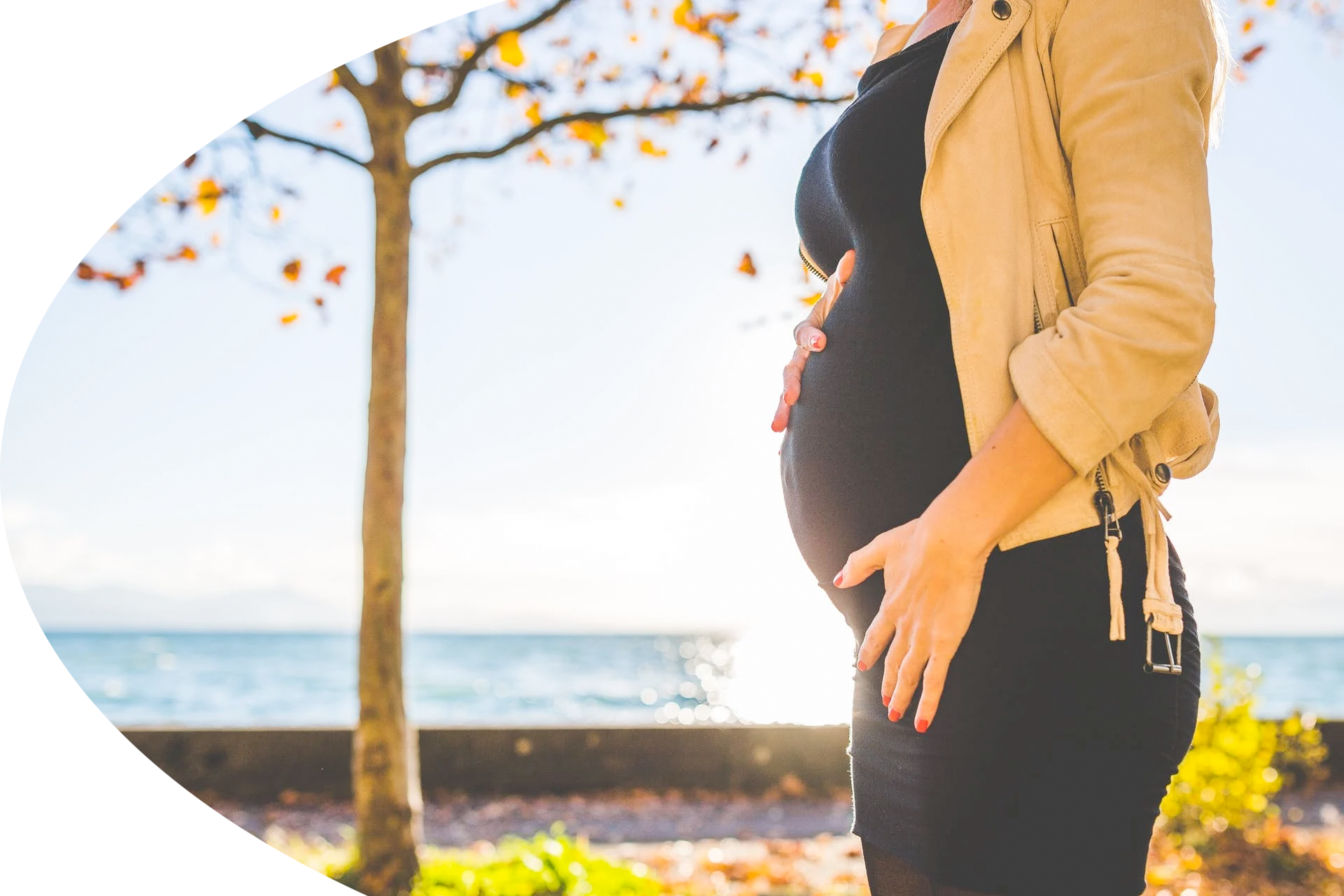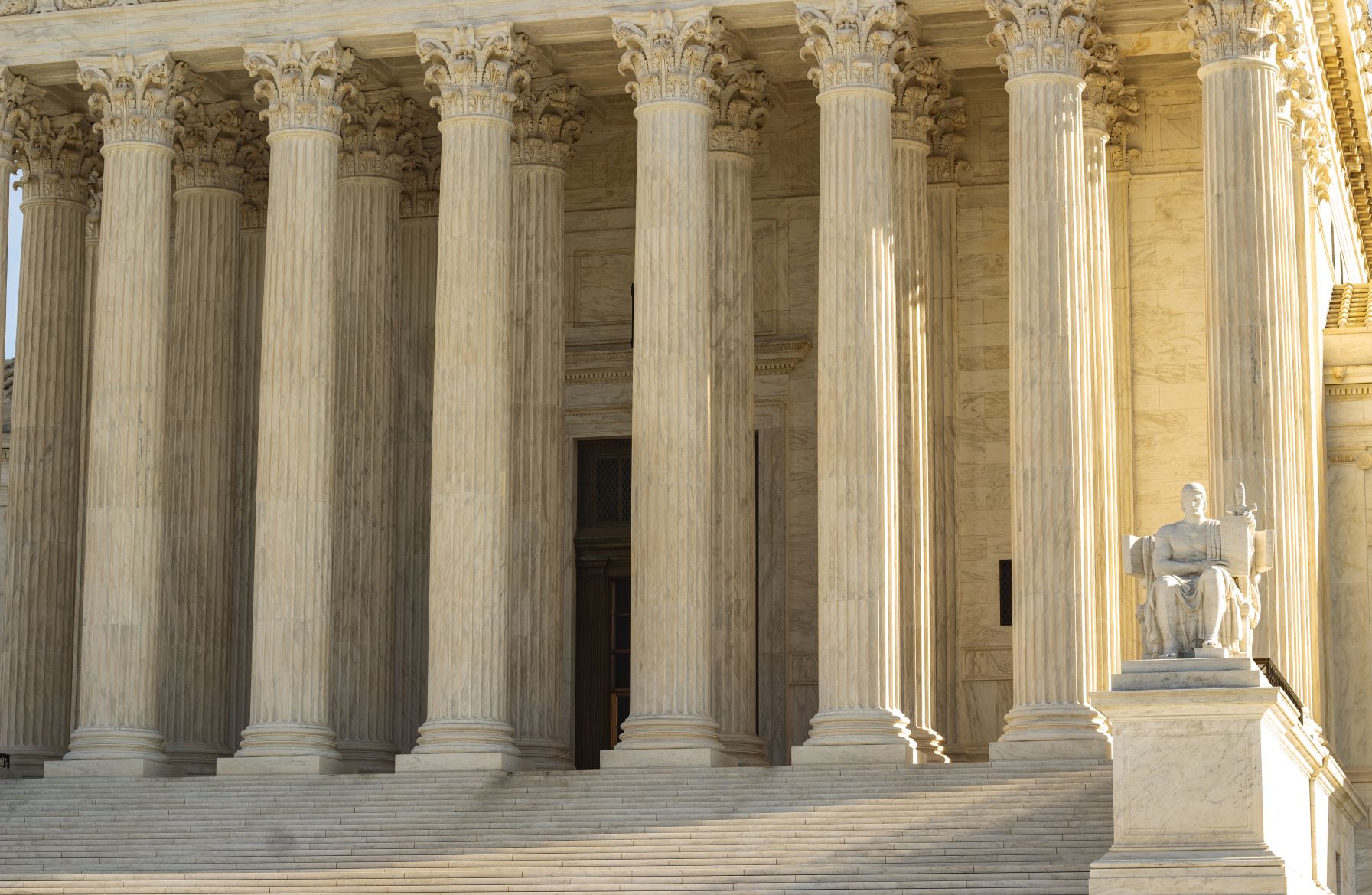The Center for the Economics of Reproductive Health
The Center for the Economics of Reproductive Health at the Institute for Women’s Policy Research (IWPR) seeks to advance public understanding and awareness of the link between access to reproductive health care services for women and their long-term economic security and well-being. We conduct original research and policy analysis at the intersections of race, ethnicity, class, and reproductive health to improve economic outcomes, and educational and employment opportunities for all women.

The Economic Effects of Abortion Access: A Review of the Evidence
Deciding whether and when to have a child is central to a woman’s economic well-being. It has implications for continuing education and joining the workforce, which can affect other long-term economic outcomes. As threats to abortion access increase and widen existing disparities, it is crucial to examine the range of economic effects that can result from this changing landscape.
The Economic Effects of Abortion Access: A Review of the Evidence (Fact Sheet)
Deciding whether and when to have a child is central to a woman’s economic well-being. It has implications for continuing education and joining the workforce, which can affect other long-term economic outcomes. As threats to abortion access increase and widen existing disparities, it is crucial to examine the range of economic effects that can result from this changing landscape.




